Buying a Scooter
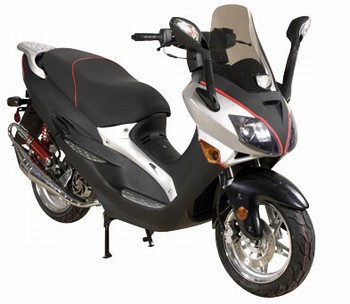
Here are some common mistakes to avoid when buying a new scooter. First of all, when looking at the various different styles of scooters, you will want to also think about how the scooter fits you. Scooters are made to suit different body frames and sizes. You will also want an accurate idea of what you will use the scooter to do. Whether it’s highway, long distance, or short distance travel, this will determine the kind of engine you buy. Another important point is to shop around, and don’t be unwilling to travel longer distances for a better deal. It’s worth it in the long run!
You will also want to keep in mind that scooters use different types of automobile products. For example, you will need Yamalube oil or another type of motor oil suited for small vehicles.


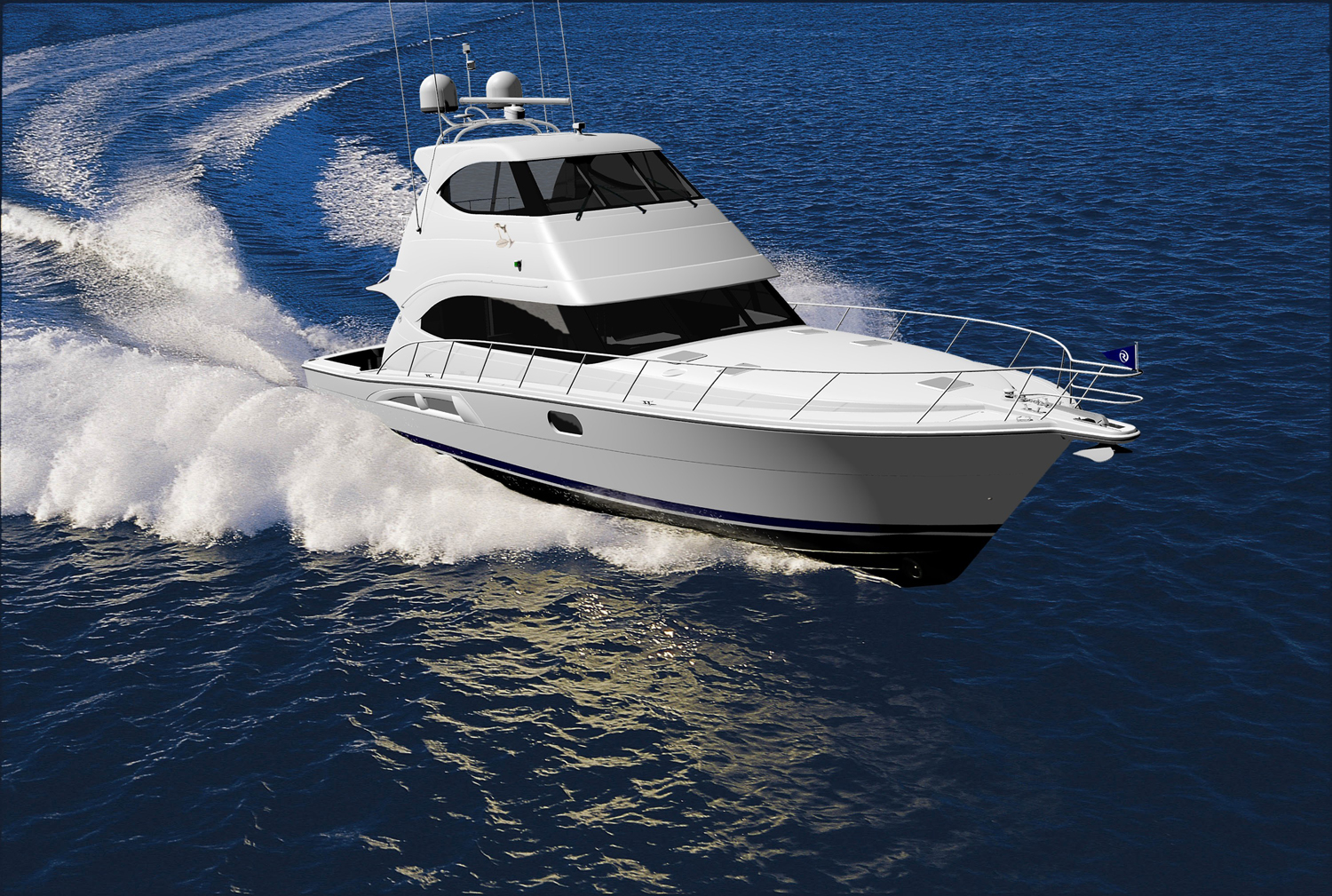


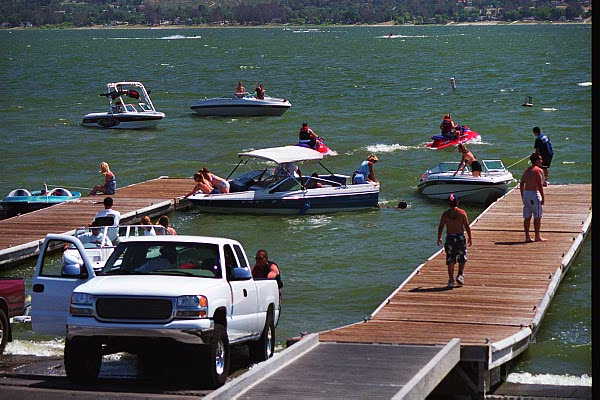
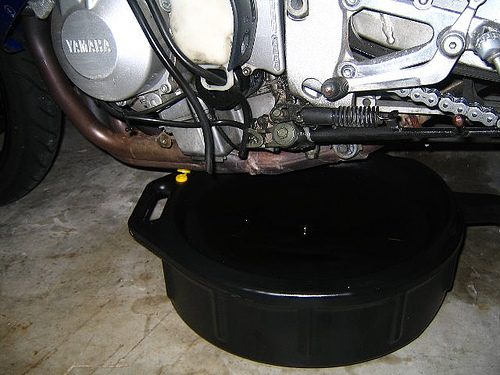
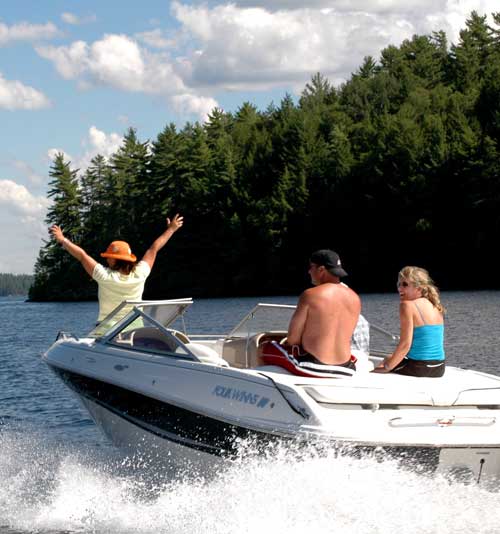
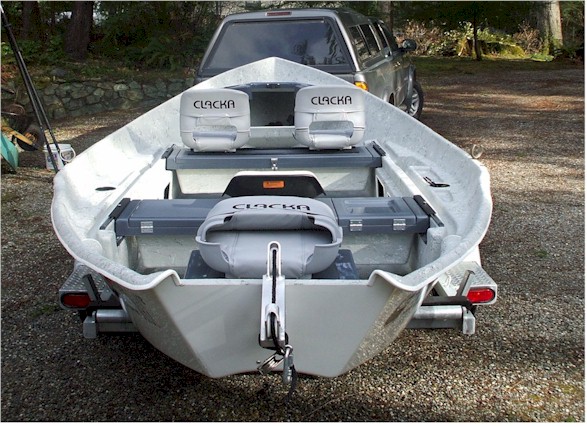 Boats are just like cars in that if they sit around for long enough they’re probably going to need some maintenance before they can be operated again. Unless you’re in Florida or southern California, it’s likely that you’re not taking your boat out for most of the year. One of the most important things you can do to keep your boat in tip-top shape is to check its oil. A dry engine can mean a dead engine and engines are expensive to replace.
Boats are just like cars in that if they sit around for long enough they’re probably going to need some maintenance before they can be operated again. Unless you’re in Florida or southern California, it’s likely that you’re not taking your boat out for most of the year. One of the most important things you can do to keep your boat in tip-top shape is to check its oil. A dry engine can mean a dead engine and engines are expensive to replace.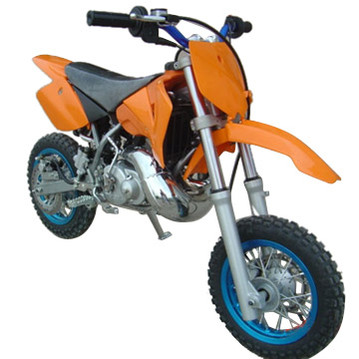


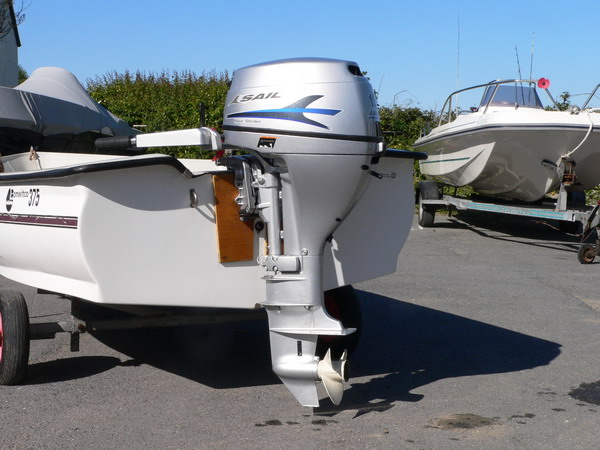
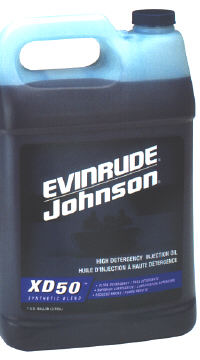 When purchasing a new car it’s important to know about car maintenance. Understanding the basics of car upkeep will allow your car to run longer and cost you less money in the long run. The best way to start is by understanding your car’s maintenance schedules. Recommended maintenance routines will be outlined in the car owner’s manual.
When purchasing a new car it’s important to know about car maintenance. Understanding the basics of car upkeep will allow your car to run longer and cost you less money in the long run. The best way to start is by understanding your car’s maintenance schedules. Recommended maintenance routines will be outlined in the car owner’s manual.
 Gas prices may be on the decline, but so is the economy. It’s important to watch your fuel intake, and save every penny you can, especially when it comes to gas-guzzling outboard motors. All hope is not lost, though – here are some tips to save fuel when you’re out boating, according to the Boat Owner’s Association of the U.S.:
Gas prices may be on the decline, but so is the economy. It’s important to watch your fuel intake, and save every penny you can, especially when it comes to gas-guzzling outboard motors. All hope is not lost, though – here are some tips to save fuel when you’re out boating, according to the Boat Owner’s Association of the U.S.: